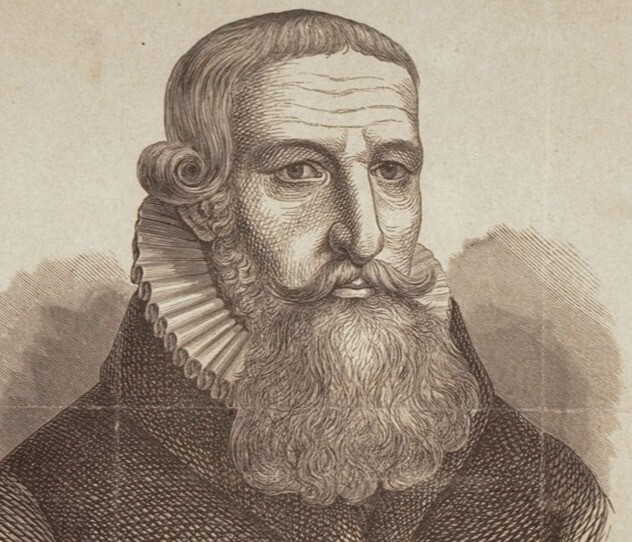
As Pastor John wrote two weeks ago, “we are in unusual times.” At least they appear unusual to us in our modern world of health care, vaccines, and internet. We are connected around the world in ways we have never been before. Information travels globally within seconds, and international travel has allowed us to be anywhere in the world within hours. Plagues and viruses can spread, globally, faster than ever before. We travel faster, globally, than viral symptoms travel inside of us!
We must remember that facing plagues is nothing new to the Church. For centuries, the Church has been on the front line of major epidemics. In response to the spread of the Antonine and Cyprian Plagues, the Church came to be defined by the way they were fearless in the face of disease and willing to care for the sick and dying. Hospice care developed in the 11th Century by Christians who were compelled to care for those on their deathbed, as well as, the infirmed, and even the traveling strangers who were in need. These responses all came from a love for Jesus and a submission to His Lordship.
In these modern times, we are more aware of how viruses spread. The term “social distancing” may appear to be a new concept, however, it isn’t a new practice. In 1918, the United States government enforced social distancing by banning all gatherings to prevent the spread of the Spanish Flu. This was met with frustration on behalf of pastors and churches who sought to fulfill their call to love the sick and dying. Yet, today, we are more knowledgeable of how our immune systems work.
How is the Church called to respond to COVID-19? The answer is complicated, but there is an easy response. Now, more than ever, we must be fearless of COVID-19, and we must seek ways of caring for the sick, including those with weakened immune systems. This speaks to our motivations, as well as, our actions. We must not be dismissively haughty and brazenly ignore the instructions of medical professionals. However, we must also not be panicked and alarmists.
We can learn a healthy response from Pastor Martin Rinkart, who didn’t live through a plague, but served a church in Eilenburg, Germany during the Thirty Years’ War. Eilenburg was a fortified city that received refugees during the war and quickly became overcrowded. Pestilence and famine spread through the city and led to thousands of deaths. Rinkart was actively holding between 40-50 funeral services a day! He buried his first wife, spent his wealth on trying to remediate a famine, and was even harassed by the civil officials for his work! It was through such hardship, weariness, and grief that Rinkart would write the hymn Now Thank We All Our God. Rinkart kept his gaze on Jesus. As we lament the hardships, impact, and deaths from the Coronavirus, let us also remember to give thanks to a merciful God “who wondrous things has done, in whom his world rejoices.”
~Pastor Bennett







